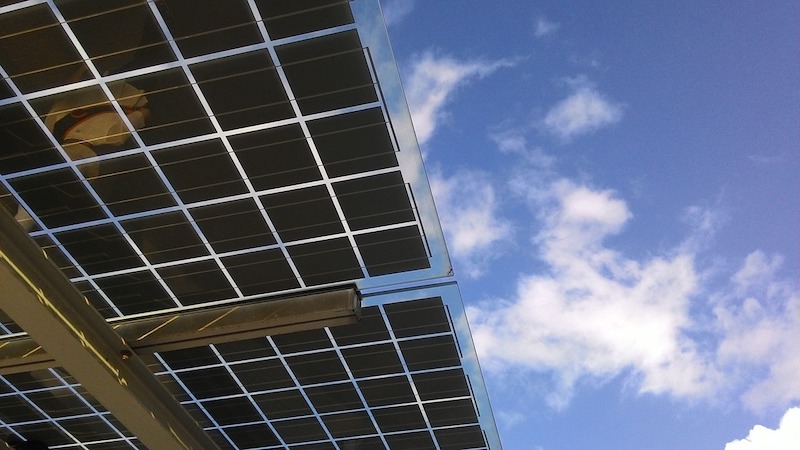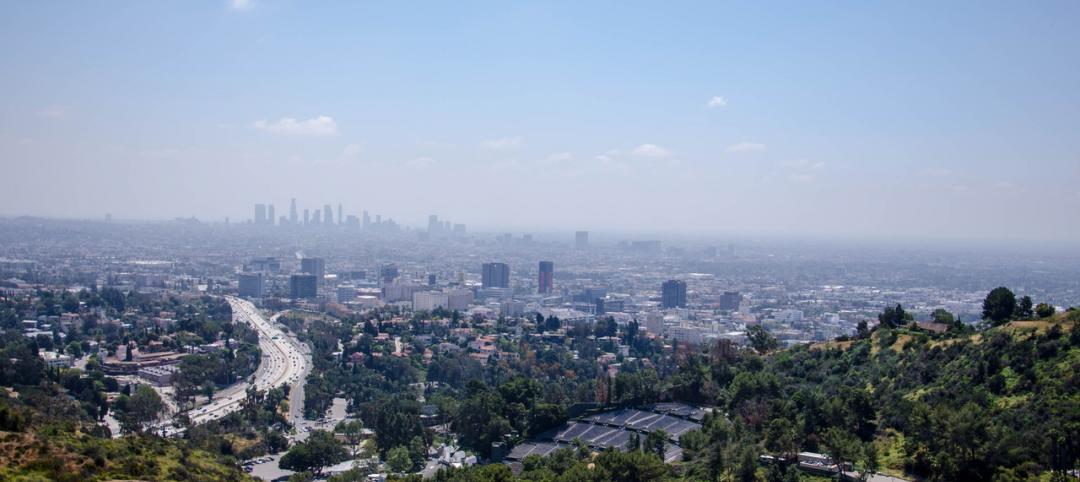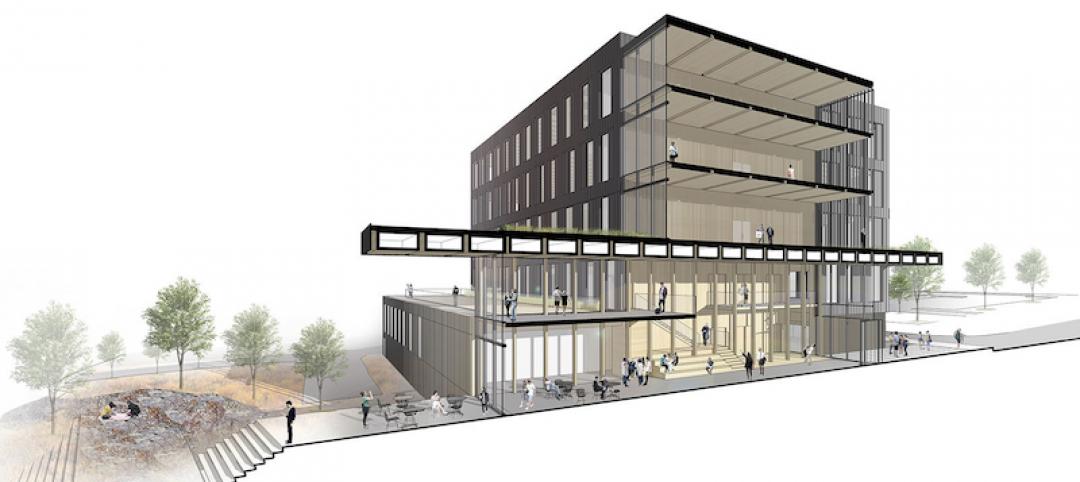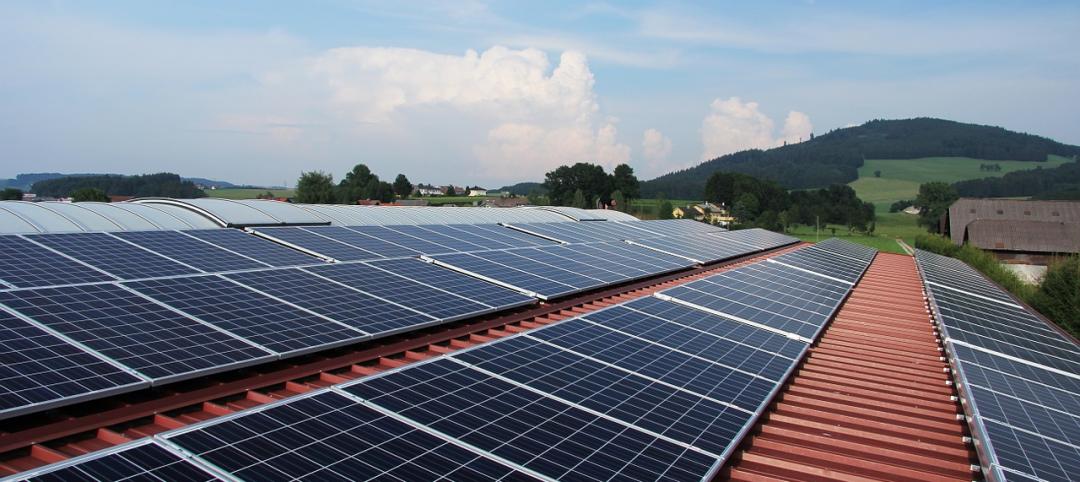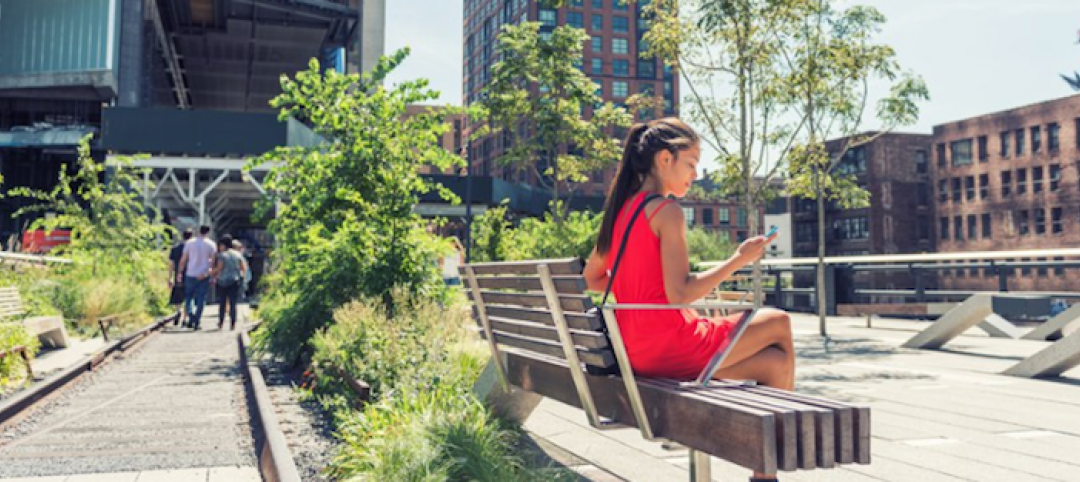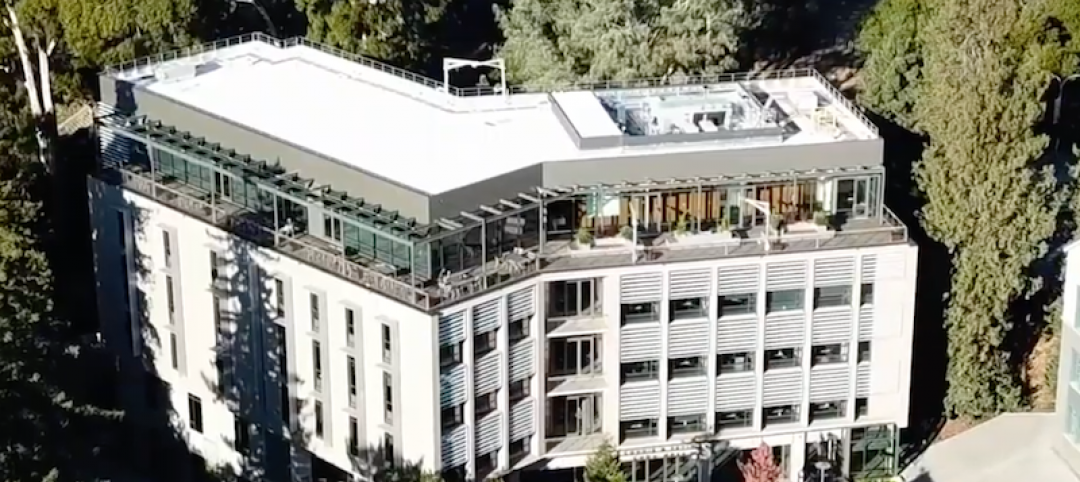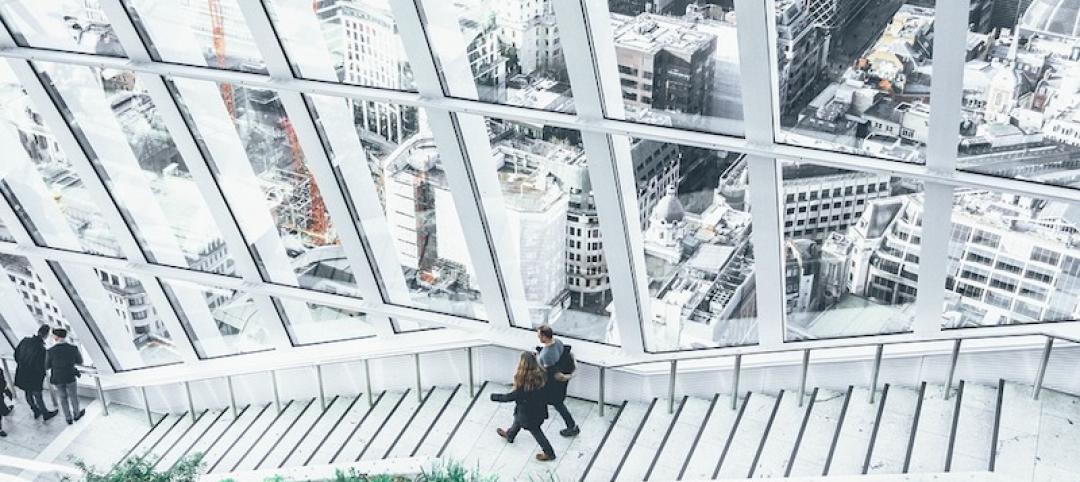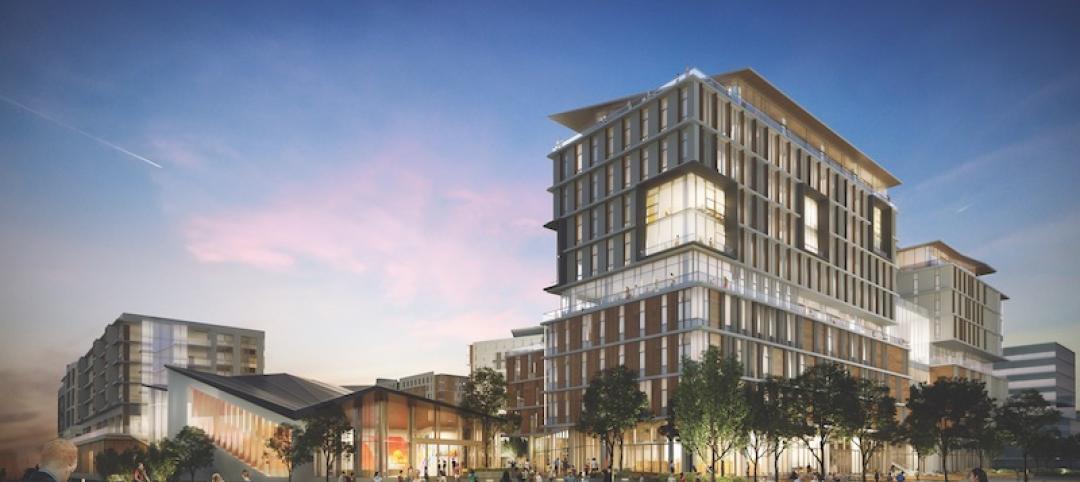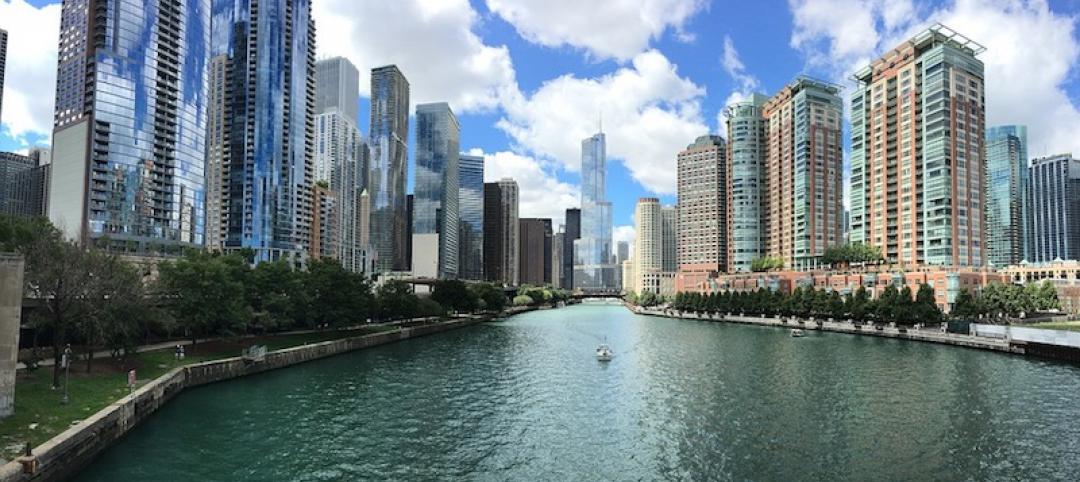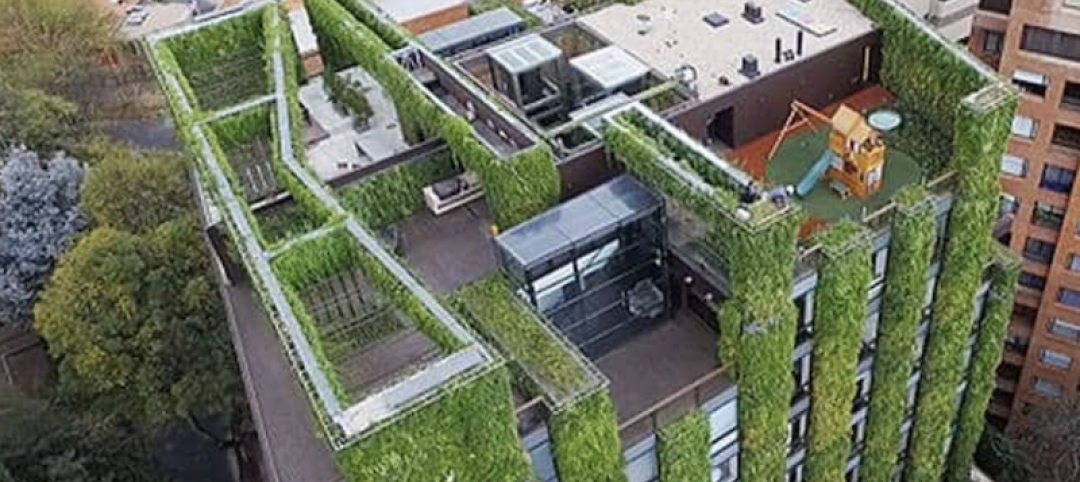The U.S. Green Building Council (USGBC) recently launched LEED Zero, a new program that will address net zero operations and resources in buildings.
“Net zero is a powerful target that will move the entire industry forward,” said Melissa Baker, Senior Vice President of Technical Core at USGBC. “For years, LEED projects around the world have aspired to net zero milestones. We are recognizing the leadership of these projects—and formalizing our commitment to focusing on carbon and net zero across the entire LEED community. These new certification programs will encourage a holistic approach for buildings and places to contribute to a regenerative future and enhance the health and wellbeing for not only building occupants, but all of humanity.”
LEED Zero was informally released by USGBC in September at the Global Climate Action Summit. LEED Zero is open to all LEED projects certified under the BD+C, ID+C or O+M rating systems, or projects registered to pursue LEED O+M certification. LEED projects can achieve LEED Zero certification when they demonstrate any or one of the following: net zero carbon emissions, net zero energy use, net zero water use or net zero waste.
“For more than two decades, LEED has provided a framework for high performance buildings and spaces, and reduced greenhouse gas emissions through strategies impacting land, energy, transportation, water, waste and materials,” added Baker. “Building on that work, LEED Zero is a complement to LEED that verifies the achievement of net zero goals and signals market leadership in green building.”
LEED certification recognizes that a project has implemented a number of sustainability strategies, reflecting reduced contributions to climate change as well as beneficial impacts on water resources, biodiversity, human health and well-being, regenerative material resource cycles, social equity and quality of life.
LEED Zero builds on LEED by recognizing specific achievements in building operations and rewards projects that have used LEED as a framework to address important aspects of green buildings and taken their buildings to the next level by designing and operating toward net zero goals. LEED Zero encourages a holistic approach for buildings and places, which will contribute to a regenerative future. This is part of a vision to ensure that the next phase of USGBC’s efforts will be LEED Positive, where buildings are actually generating more energy than they use, and removing more carbon than they produce.
Related Stories
Green | Apr 12, 2019
L.A. County’s first sustainability plan tackles carbon, air quality, transportation, resilience
The plan aims for net-zero carbon by 2050.
Sustainable Design and Construction | Apr 9, 2019
One of the largest zero-carbon, net-zero buildings is rising in Spokane
Catalyst will be part of an innovation hub, with Eastern Washington University as its main tenant.
Codes and Standards | Apr 8, 2019
LEED v4.1 now available for cities, communities, residential/homes
The rating system emphasizes performance monitoring, fully integrated design, social equity, and human health.
Green | Apr 8, 2019
New USGBC research explores green building industry’s role in highlighting the importance of buildings as a global solution
First wave of research is part of the Living Standard initiative, which seeks to raise the quality of life for people around the world through research and storytelling.
Green | Jan 28, 2019
This is the country’s greenest academic building
Perkins+Will designed the building.
Green | Oct 17, 2018
USGBC survey suggests employees are happier, healthier, and more productive in LEED green buildings
Can healthier, more sustainable buildings give employers a hiring edge to attract best in class talent?
Green | Oct 15, 2018
Green, and then some: Architecture firms are helping cities raise the stakes in green design
Architecture firms are answering the call of local governments and institutional clients for higher standards in green building design.
Green | Sep 11, 2018
Chicago becomes seventh city in the world to achieve LEED for Cities Platinum certification
It is the highest level of certification available from the U.S. Green Building Council.
Green | Aug 28, 2018
Chattanooga’s Miller Park set to open after $10.3 million overhaul
Spackman Mossop Michaels and Eskew Dumez Ripple partnered on the project.
Green | Aug 16, 2018
Vertical gardens: Wellness oases in the urban jungle
When there’s only so much real estate available in urban centers for parks, how’s a developer to bring in more green with biophilic design?


